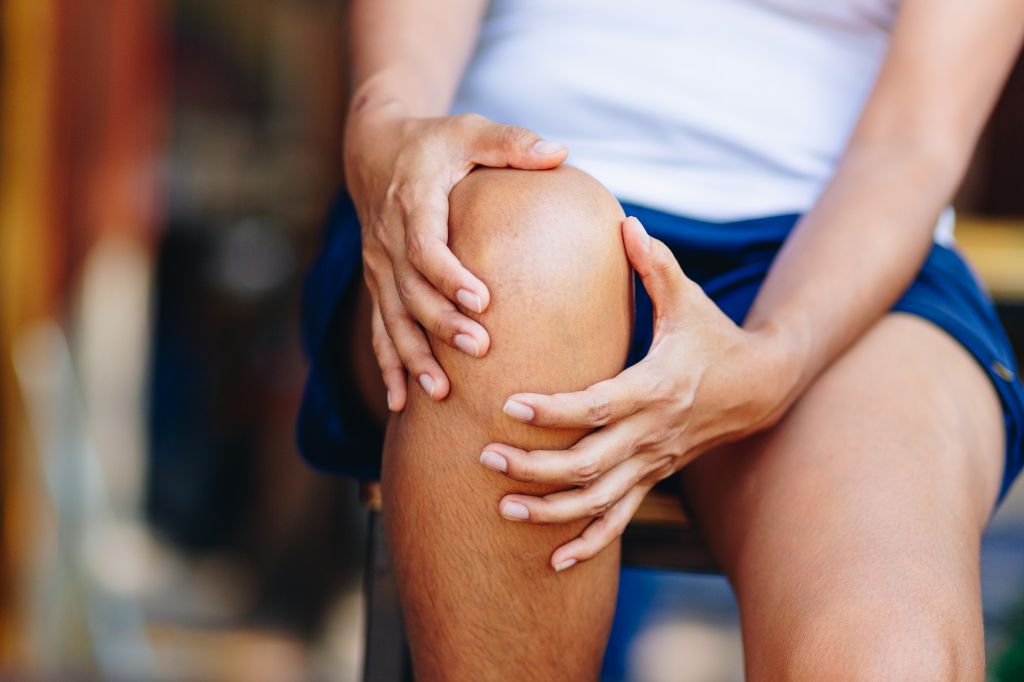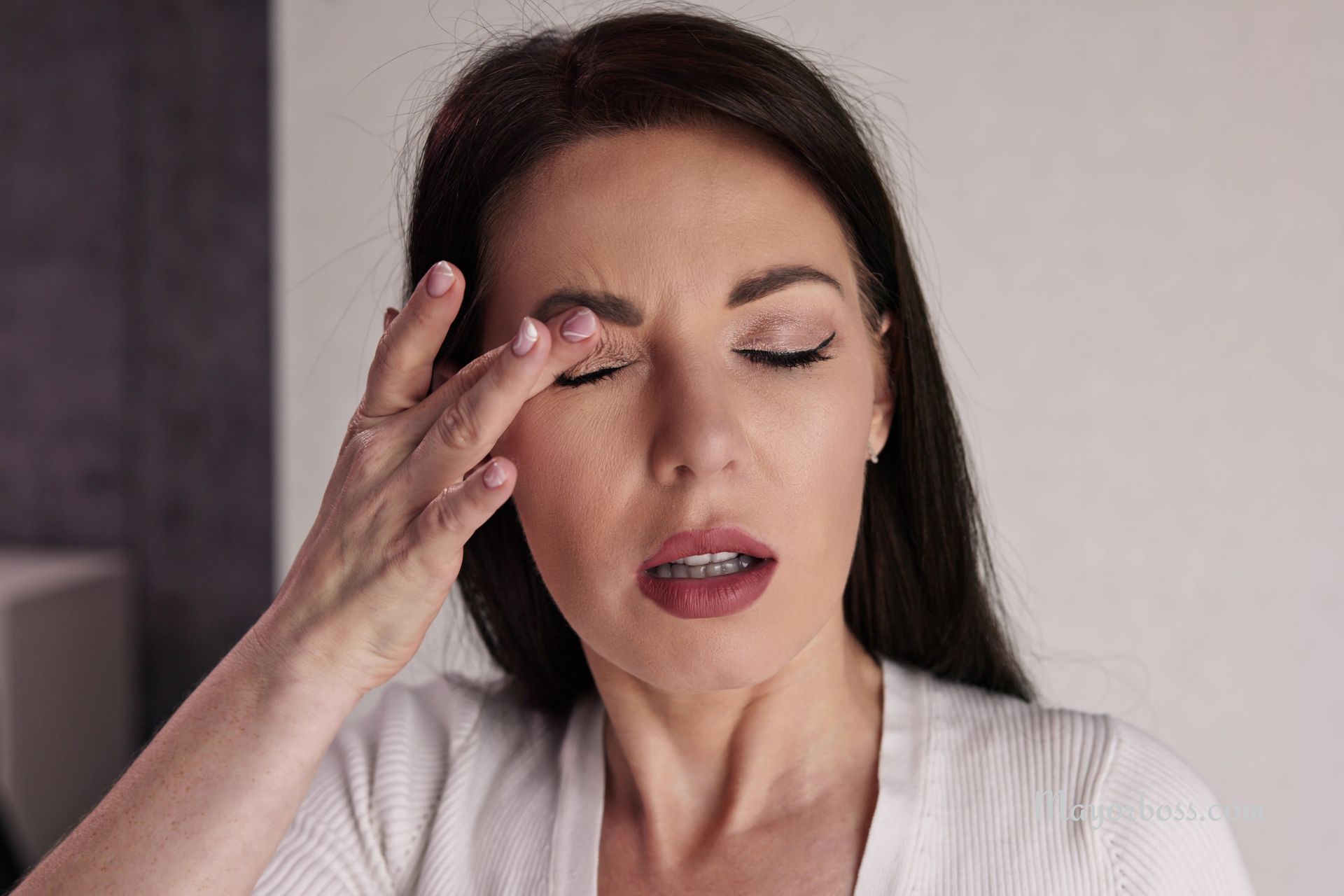The 4 Main Symptoms of Low Vitamin D (You’re Probably Ignoring)
You might be surprised to learn that low vitamin D is one of the most common deficiencies in the world. It’s estimated that 1 billion people worldwide are deficient in this vital nutrient. What’s even more alarming is that many people who are deficient don’t even know it because they’re not experiencing any symptoms.
Vitamin D is important for strong bones, immune function, and cell growth. It’s also necessary for proper calcium absorption. A lack of vitamin D can lead to a host of health problems, including bone loss, osteoporosis, and an increased risk of infection.
Symptoms of Low Vitamin D
If you think you might be deficient in vitamin D, here are four main symptoms to look out for.
1. Fatigue and tiredness
If you’re constantly feeling tired, even after a full night’s sleep, it could be a sign that you’re not getting enough vitamin D. Most patients with vitamin D deficiency are more likely to report fatigue than those who had adequate levels of the nutrient.
2. Getting sick more easily
If it feels like you’re constantly catching colds and flu all the time, a lack of Vitamin D could be to blame. This vitamin helps to bolster your immune system and fight off infection. Thus, if you don’t have enough, you may find yourself getting sick more often than usual. So, in other words, If you find yourself battling illness after illness, ask your doctor if taking a Vitamin D supplement might help you feel better and stay healthy all season long.
3. Joint pain
Joint pain is another common symptom of low vitamin D levels. This is because vitamin D plays an important role in calcium absorption and bone health. If you’re experiencing joint pain that doesn’t seem to go away, it’s worth getting your vitamin D levels checked by your doctor.

Learn More: How to Ease Joint Pain
4. Muscle Soreness
Muscle soreness and weakness can also be a sign of low vitamin D levels. Absolutely, because vitamin D helps regulate muscle function and contraction. In essence, this means that low vitamin D levels can reduce muscle strength and lead to increased soreness after any physical activity.
If you have any of these symptoms, please see your primary care provider. A simple blood test can determine whether you have sufficient levels of vitamin D in your body.
Learn More: 7 Foods That Help Prevent Muscle Cramps
What food contains Vitamin D?
If you’re looking to increase your vitamin D intake, there are a few foods that can help. These include salmon, tuna, mackerel and sardines, egg yolks, beef liver, cheese, and fortified milk. You can also get some vitamin D through exposure to sunlight. But remember to wear sunscreen.
Take supplement
Take a supplement that contains vitamin D3 (the form of vitamin D that’s best absorbed by your body). The recommended daily allowance for adults is 600 IU (International Units) per day up to age 70 and 800 IU per day after age 70.
Are vitamin D supplements safe?
Yes, taking vitamin D supplements is considered safe as long as you don’t take more than your daily allowance. However, if you have any medical condition or are taking any medication, please check with your doctor or health care providers before you start taking vitamin D supplements.






